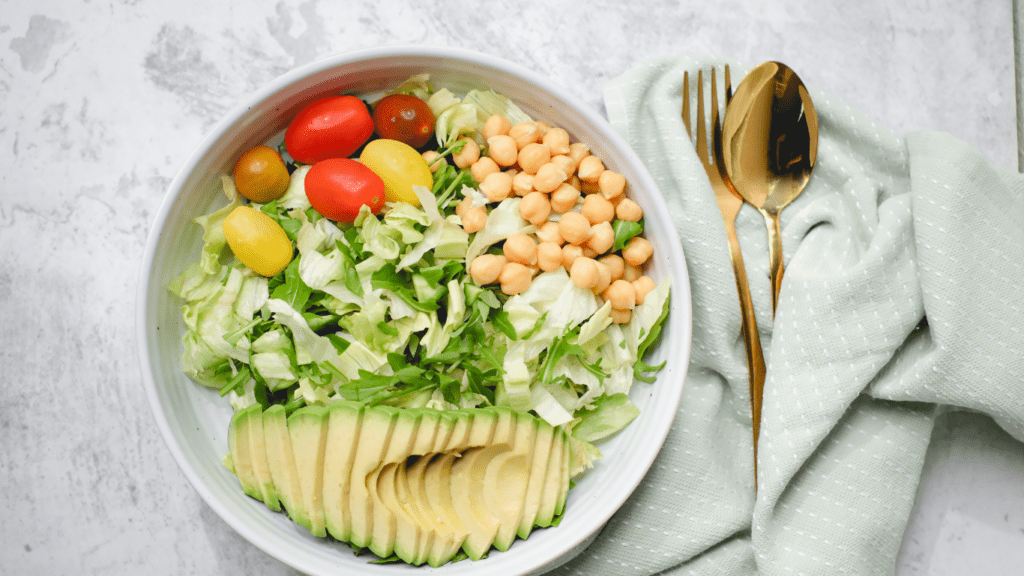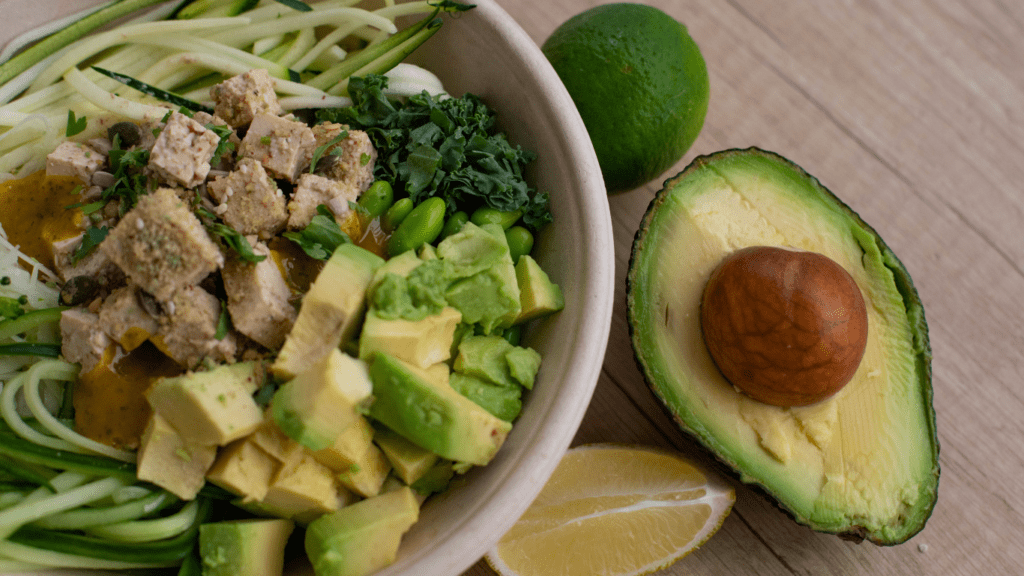Understanding Gut Health
Gut health holds a key role in maintaining overall well-being. An optimal gut supports digestion, nutrient absorption, and a robust immune system.
The Role of the Gut Microbiome
The gut microbiome consists of trillions of microorganisms such as bacteria, viruses, and fungi. These organisms aid digestion, produce vitamins like B12 and K, and protect against harmful pathogens. A balanced gut microbiome contributes to better mental health by influencing neurotransmitter production. Research by the National Institutes of Health (NIH) reveals that a diverse microbiome enhances resilience to gastrointestinal diseases.
Signs of Poor Gut Health
Indicators of poor gut health include persistent bloating, gas, and diarrhea. Frequent fatigue and sleep disturbances can also suggest an imbalance in gut bacteria. Skin conditions such as eczema may reflect gut-related issues. If sugar cravings and unintentional weight changes occur, they might signal inadequate gut health.
Nutritional Foundations for Gut Health
A balanced diet plays a vital role in supporting gut health. I explore key nutritional elements that enhance the gut microbiome.
Importance of Fiber
Dietary fiber contributes to a healthy gut by promoting regular bowel movements and supporting beneficial bacteria. Soluble fiber in oats and beans forms a gel-like substance that slows digestion, while insoluble fiber in whole grains and vegetables adds bulk. A study published in the “American Journal of Clinical Nutrition” found that increasing fiber intake by 14 grams per day led to a 10% reduction in calorie intake.
Benefits of Fermented Foods
Fermented foods supply probiotics that help maintain the balance of gut bacteria. They include yogurt, kefir, sauerkraut, and kimchi. Research in the “Journal of Applied Microbiology” indicates that consuming probiotics may reduce symptoms of irritable bowel syndrome. These foods enhance nutrient absorption and reinforce the gut barrier.
Hydration and Its Effects
Adequate hydration aids digestion by helping break down food and facilitating nutrient absorption. Water keeps the intestinal lining moist, supporting smooth passage of waste. Dehydration can slow down digestion, leading to constipation. The “National Academies of Sciences, Engineering, and Medicine” recommends an average daily water intake of about 3.7 liters for men and 2.7 liters for women, including all beverages and foods.
Foods to Include in Your Diet

Including specific foods can enhance gut health and support the balance of your gut microbiome. Proper nutrition is key to maintaining a healthy digestive system.
Probiotic-Rich Foods
Probiotic-rich foods help maintain a healthy balance of gut bacteria by supplying beneficial microorganisms. Yogurt, a well-known source of probiotics, contains live cultures such as Lactobacillus and Bifidobacterium. Fermented products like kefir, sauerkraut, and kimchi also contribute probiotics to your diet. These foods are linked to improved digestive health and can alleviate symptoms of conditions like irritable bowel syndrome (IBS).
Prebiotic Foods
Prebiotics serve as food for probiotics, encouraging their growth and activity. Foods like garlic, onions, leeks, and bananas are rich in prebiotics, specifically inulin and fructooligosaccharides (FOS). Asparagus and artichokes also rank highly for their prebiotic content. By incorporating these foods, you support the proliferation of beneficial bacteria that sustain gut health.
Whole Grains and Vegetables
Whole grains and vegetables provide essential fibers that promote a healthy digestive tract and support the growth of beneficial bacteria. Oats, barley, and quinoa deliver soluble fiber that enhances bowel regularity and nutrient absorption. Vegetables such as broccoli, carrots, and leafy greens provide insoluble fiber, adding bulk to the stool and promoting regularity. Including a variety of whole grains and vegetables in your diet is essential for maintaining optimal gut function.
Foods to Avoid for Optimal Gut Health
Certain foods can negatively impact gut health. Eliminating these from your diet supports a healthier gut microbiome.
Processed Sugars and Artificial Sweeteners
Processed sugars, like those in candies and sodas, disrupt gut bacteria balance. They fuel harmful bacteria growth, which can lead to digestive issues. Artificial sweeteners, such as aspartame and sucralose, can alter gut microbiota composition, resulting in potential negative effects on metabolic health.
Excessive Alcohol and Caffeine
- Excessive alcohol consumption irritates the gut lining and disrupts the microbiome, increasing inflammation risk.
- Caffeine, found in coffee and energy drinks, can lead to stomach discomfort and exacerbate acid reflux when consumed in high amounts.
- Moderating these substances helps maintain a healthy gut environment.
High-Fat and Fried Foods
High-fat foods, especially fried items, slow digestion and alter gut bacteria diversity. They promote the growth of bacteria linked to inflammation and weight gain. Choosing healthier options limits these adverse effects and encourages a balanced gut microbiome.
Lifestyle Changes to Support Gut Health
Maintaining gut health involves not just dietary choices but also lifestyle adjustments. Incorporating mindful eating practices, regular physical activity, and effective stress management contributes significantly to a healthy gut environment.
Mindful Eating Practices
- Eating slowly and consciously enhances digestion and informs the gut-brain connection.
- Chewing food thoroughly increases saliva production, which begins the digestion process and ensures better nutrient absorption.
- Paying attention to physical hunger and fullness signals helps avoid overeating, reducing strain on the gut.
Regular Physical Activity
Exercise promotes gut motility by improving digestion and reducing constipation. Moderate physical activities like walking, cycling, or swimming support the growth of beneficial gut bacteria. Studies suggest that people engaging in regular movement have a more diverse gut microbiome, which contributes to overall health.
Stress Management Techniques
Reducing stress positively impacts gut health due to the gut-brain axis. Techniques such as meditation, yoga, and deep-breathing exercises lower stress levels, diminishing the gut-related symptoms linked to stress. Establishing a regular relaxation routine helps maintain a balanced microbiome, fostering resilience against digestive issues.


 Senior Sports Writer
Alfred Alder is the senior sports writer at Sprint Scoop News, bringing his extensive knowledge of fitness, training, and sports business to the forefront. With a career spanning more than a decade, Alfred specializes in delivering high-quality, engaging content that covers everything from sponsorship trends to the latest in health and nutrition for athletes. His deep understanding of the sports industry allows him to provide readers with comprehensive insights that make complex topics accessible and exciting.
Senior Sports Writer
Alfred Alder is the senior sports writer at Sprint Scoop News, bringing his extensive knowledge of fitness, training, and sports business to the forefront. With a career spanning more than a decade, Alfred specializes in delivering high-quality, engaging content that covers everything from sponsorship trends to the latest in health and nutrition for athletes. His deep understanding of the sports industry allows him to provide readers with comprehensive insights that make complex topics accessible and exciting.
